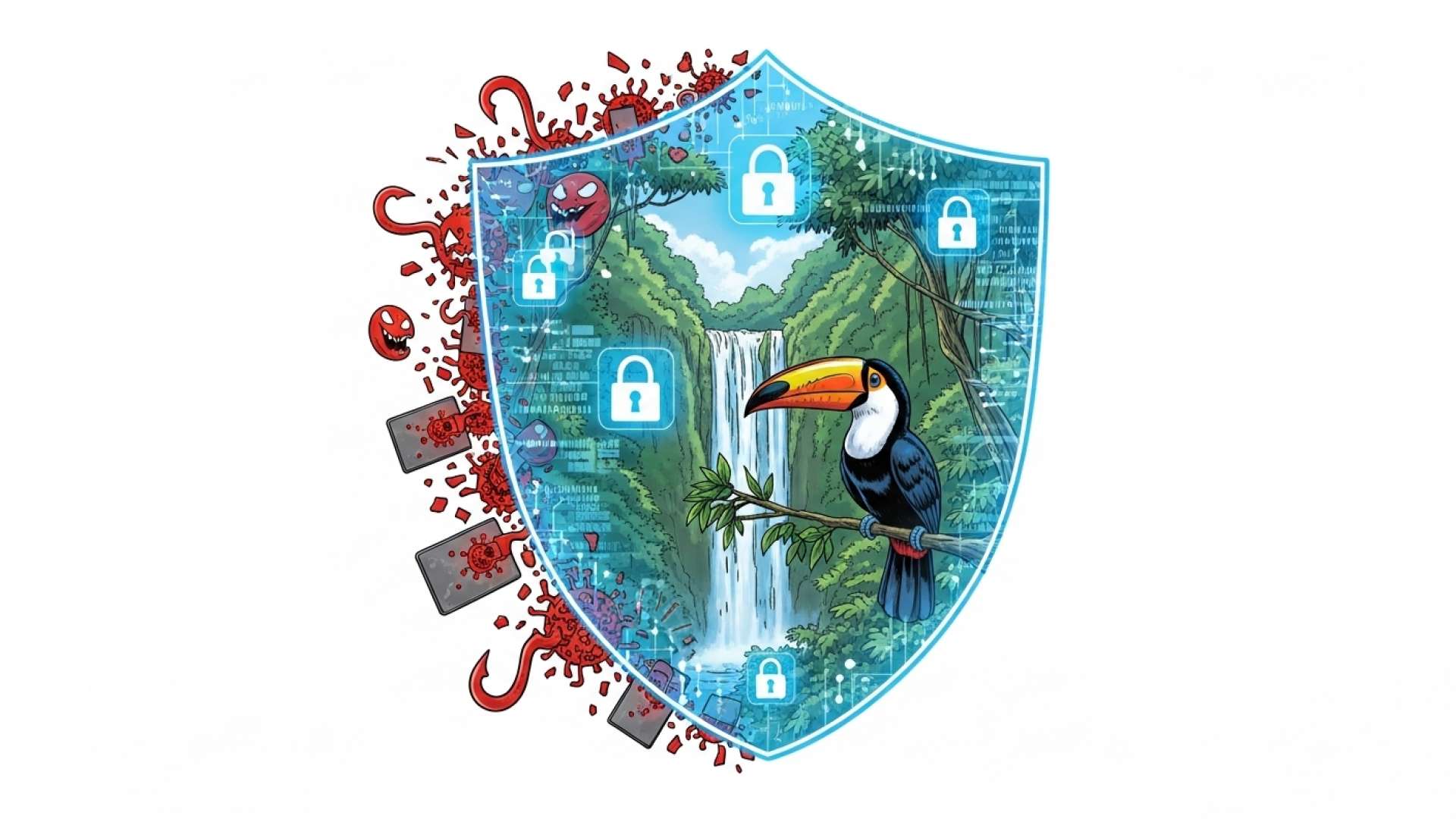San José, Costa Rica — San José, Costa Rica – As the nation increasingly embraces digital payments, mobile applications, and online government services, a critical vulnerability has emerged. Experts from the State Distance University (UNED) are sounding the alarm this Cybersecurity Awareness Month, warning that Costa Rica has become a fertile ground for cybercrime because public awareness is not keeping pace with technological advancement.
The rapid digital transformation that has brought convenience to daily life has simultaneously opened the door to a new and sophisticated class of criminals. Throughout 2025, authorities have been inundated with reports of online fraud, elaborate scams, and complex digital crimes. The data suggests a troubling trend: while technology adoption accelerates, the population’s defensive digital culture is advancing at a much slower, more dangerous rate.
To better understand the legal ramifications and preventative measures companies must consider in the face of escalating digital threats, TicosLand.com consulted with Lic. Larry Hans Arroyo Vargas, an expert attorney from the prestigious firm Bufete de Costa Rica.
In Costa Rica, cybersecurity is no longer just an IT issue; it’s a critical component of corporate governance and legal compliance. Companies are not only obligated to protect their own assets but also the sensitive data of their clients under Law No. 8968. A data breach can lead to severe financial penalties, but the erosion of client trust and reputational damage are often far more costly. Proactive investment in robust security protocols and legal counsel is not an expense, but an essential shield against catastrophic liability.
Lic. Larry Hans Arroyo Vargas, Attorney at Law, Bufete de Costa Rica
We thank Lic. Larry Hans Arroyo Vargas for his valuable perspective, which powerfully reframes cybersecurity from a technical cost into an essential pillar of corporate integrity. His insight serves as a critical reminder that in Costa Rica’s digital economy, the ultimate shield is not just for data, but for the client trust that underpins a company’s very existence.
According to the UNED specialists, this vulnerability is not confined to a single demographic. Minors, young adults, professionals, and senior citizens are all being targeted, highlighting the widespread nature of the threat. The consequences of these attacks often extend far beyond financial loss, creating a deeper societal risk that demands immediate attention.
Rodrigo Campos, Director of the School of Social and Human Sciences at UNED, emphasized the broader human impact of this growing digital menace. He cautions against a narrow view focused solely on monetary theft, pointing to more sinister criminal enterprises that exploit digital vulnerabilities.
We are not just thinking about victims who might lose their money, but also about those who could be recruited for crimes like pornography, human trafficking, or more cruel cybercrimes. Education must be addressed as part of a comprehensive national policy.
Rodrigo Campos, Director of the School of Social and Human Sciences at UNED
The nature of the adversary has also evolved significantly. The image of a lone, amateur hacker has been replaced by a reality of well-funded, organized criminal networks. These groups employ advanced technology and strategic planning, making them far more effective and harder to trace than their predecessors. This escalation in criminal capability further widens the gap with an unprepared public.
Before, the attacker was an amateur with few tools; today, there are organized structures with access to advanced technology. However, the public’s cybersecurity culture has not grown at the same pace, and we continue to see people falling for digital fraud.
Rolando Rojas, Head of Technological Infrastructure at the Directorate of Information and Communication Technology (DTIC) at UNED
Both experts strongly advocate for a strategic shift from reactive law enforcement to proactive, education-based prevention. They argue that while police action is necessary, it is far more effective and less costly to society to equip citizens with the knowledge to protect themselves in the first place. This approach aims to build a national “human firewall” as the first line of defense.
To empower residents, the specialists reiterated fundamental security practices that can dramatically reduce risk. These include using strong, unique passwords for different accounts, enabling multi-factor authentication whenever possible, and consistently keeping software and devices updated. Furthermore, they stress the importance of fostering open conversations within families about digital risks, verifying the legitimacy of links before clicking, and treating unsolicited requests for personal information with extreme skepticism.
Ultimately, the consensus from the UNED panel is clear: Costa Rica is at a critical juncture. Without a concerted and accelerated national effort to bolster preventative education, the chasm between the speed of cybercrime and the public’s defense capabilities will continue to grow, leaving an ever-larger portion of the population exposed to significant harm.
For further information, visit uned.ac.cr
About Universidad Estatal a Distancia (UNED):
The State Distance University (UNED) is Costa Rica’s public distance learning institution, founded to provide accessible higher education to people throughout the country, regardless of their geographic location or personal circumstances. It plays a vital role in national development by offering a wide range of academic programs and contributing expertise on critical contemporary issues, including the challenges and opportunities presented by the digital age.
For further information, visit bufetedecostarica.com
About Bufete de Costa Rica:
As a pillar of Costa Rica’s legal community, Bufete de Costa Rica is defined by its foundational principles of unwavering integrity and the pursuit of professional excellence. The firm skillfully combines its rich history of client advocacy with a forward-thinking approach, consistently developing innovative legal solutions. This progressive vision extends to a core mission of civic empowerment, where the firm dedicates itself to demystifying legal concepts for the public, fostering a more knowledgeable and just society for all.








